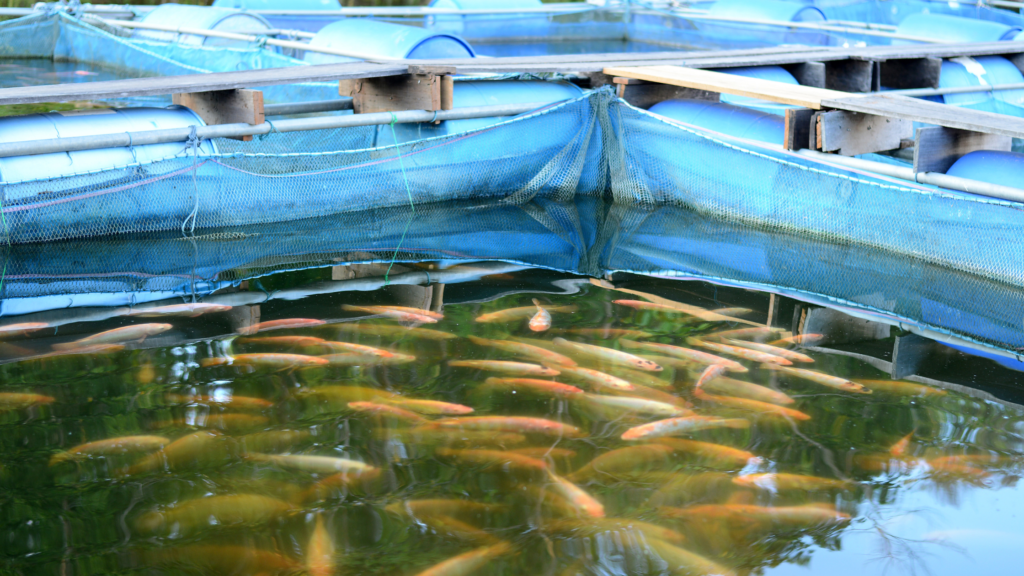Ensuring Food Security with Sustainable Fisheries Solutions
In a world grappling with food insecurity, sustainable fisheries offer a promising solution to ensure reliable food supplies while preserving the health of our oceans. As populations grow and demand for seafood increases, it becomes crucial to adopt fishing practices that are both environmentally sustainable and economically viable. Organizations like Bottom Billion Corporation (BBC) are at the forefront of promoting sustainable fisheries to support global food security and empower coastal communities. This article explores the importance of sustainable fisheries, innovative practices in the industry, and successful case studies demonstrating the positive impact of sustainable fishing. The Importance of Sustainable Fisheries Sustainable fisheries are essential for maintaining the balance of marine ecosystems and ensuring that fish populations remain healthy and productive. Overfishing, habitat destruction, and pollution have severely impacted marine biodiversity, threatening food security and the livelihoods of millions who depend on fishing. By adopting sustainable practices, fisheries can mitigate these negative effects and contribute to long-term food security. Key Benefits of Sustainable Fisheries Innovative Practices in Sustainable Fisheries To achieve sustainability in fisheries, several innovative practices and management strategies have been developed. These practices aim to balance the need for food production with the imperative to protect marine environments. Ecosystem-Based Management Ecosystem-based management (EBM) is a holistic approach to fisheries management that considers the entire ecosystem, including human impacts. EBM focuses on maintaining the health of the marine environment as a whole, rather than managing individual fish species in isolation. This approach helps ensure that fishing activities do not disrupt the broader ecological balance. Use of Technology Technology plays a significant role in promoting sustainable fisheries. Advances such as satellite monitoring, electronic catch documentation, and real-time data collection enable better management of fishing activities. These technologies help track fish populations, monitor illegal fishing, and ensure compliance with regulations. Community-Based Management Community-based management involves local communities in the decision-making process regarding fisheries management. This approach empowers communities to take ownership of their resources, leading to more effective and sustainable fishing practices. By involving fishers in the development and enforcement of regulations, compliance increases, and conservation efforts are more successful. Successful Case Studies in Sustainable Fisheries The Gulf of Mexico Reef Fish Shareholders’ Alliance The Gulf of Mexico Reef Fish Shareholders’ Alliance is a coalition of commercial fishermen committed to sustainable fishing practices. Through the use of individual fishing quotas (IFQs) and strict adherence to management plans, the alliance has significantly reduced overfishing and bycatch in the region. Their efforts have led to healthier fish populations and more stable incomes for fishers. The Marine Stewardship Council (MSC) The Marine Stewardship Council is an international non-profit organization that sets standards for sustainable fishing. Fisheries that meet these standards can use the MSC label, indicating that their seafood is sustainably sourced. The MSC certification has become a powerful tool for promoting sustainable fishing practices worldwide, encouraging consumers to choose sustainably sourced seafood and supporting fisheries that adhere to high environmental standards. Project Pescadero in Mexico Project Pescadero is a community-based fisheries management initiative in Baja California, Mexico. The project involves local fishers in the development of management plans and the enforcement of regulations. By combining traditional knowledge with scientific research, Project Pescadero has successfully restored fish populations and improved the livelihoods of local communities. Sustainable fisheries are essential for food security, environmental health, and economic stability in coastal communities. By adopting ecosystem-based management, leveraging technology, and involving local communities, the fisheries industry can transition to more sustainable models, as demonstrated by successful initiatives like the Gulf of Mexico Reef Fish Shareholders’ Alliance and the Marine Stewardship Council. Organizations like Bottom Billion Corporation (BBC) play a vital role by supporting projects that align with their mission to foster sustainable development and empower underserved communities. Investing in sustainable fisheries ensures a reliable food supply, protects marine ecosystems, and promotes a more equitable and sustainable future. Through strategic investments and collaborative efforts, we can address the global fisheries crisis and pave the way for long-term sustainability.
Ensuring Food Security with Sustainable Fisheries Solutions Read More »


